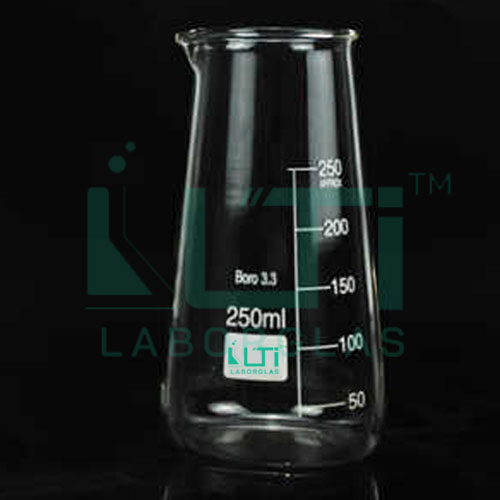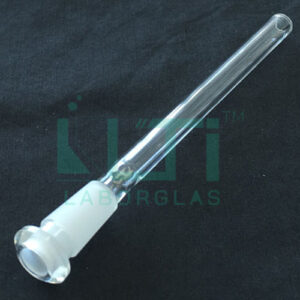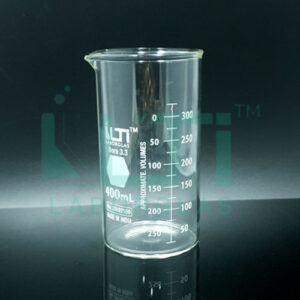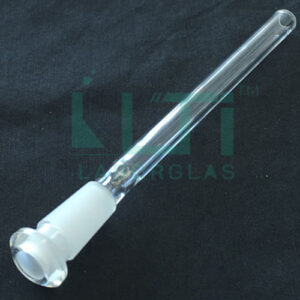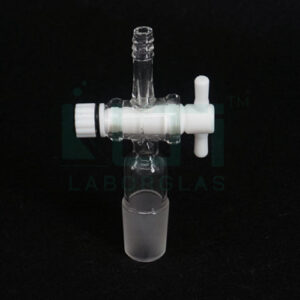Chemical Resistant
| PART No. | Capacity (ml) | Dia (mm) D1 | Dia (mm) D2 | Height (mm) | PACK Qty. |
| 4770-150 | 150 | 57 | 40 | 91 | 6 |
| 4770-250 | 250 | 68 | 48 | 110 | 6 |
| 4770-500 | 500 | 88 | 61 | 145 | 6 |
| 4770-1000 | 1000 | 112 | 71 | 184 | 2 |
Here are some common uses for Philips low-form beakers with spouts in a laboratory setting:
- General Mixing and Stirring: Philips low-form beakers with spouts are suitable for general mixing and stirring of liquids or solutions. The spout facilitates controlled pouring and transfer of the mixed contents.
- Reagent Preparation: These beakers are often used for preparing and measuring reagents before experiments. The spout allows for precise pouring of reagents into other containers.
- Heating and Boiling: Philips beakers can be placed on a hot plate or over a Bunsen burner for heating and boiling liquids. The low form provides a larger surface area for efficient heating, and the spout aids in easy and controlled pouring of heated contents.
- Titration: The low form and spout of these beakers make them suitable for titration experiments where precise measurements and controlled pouring are essential.
- Dilution: Philips low-form beakers with spouts are appropriate for diluting solutions to specific concentrations. The spout design allows for accurate pouring during the dilution process.
- Solution Transfer: The spout facilitates easy and controlled pouring, making these beakers suitable for transferring solutions from one container to another.
- Media Preparation: In microbiology and cell culture laboratories, these beakers may be used for preparing and measuring growth media. The spout helps in accurately dispensing the media.
- Quality Control Testing: Philips beakers with spouts can be used for various quality control tests where liquids need to be poured or transferred with precision.
- Chemical Storage: They can be used for temporary storage of liquids during experiments or procedures where pouring is part of the process.
- Educational Purposes: Philips low-form beakers with spouts are commonly used in educational laboratories for teaching basic principles of chemistry and laboratory techniques, especially when demonstrating experiments with precise measurements and controlled pouring.

